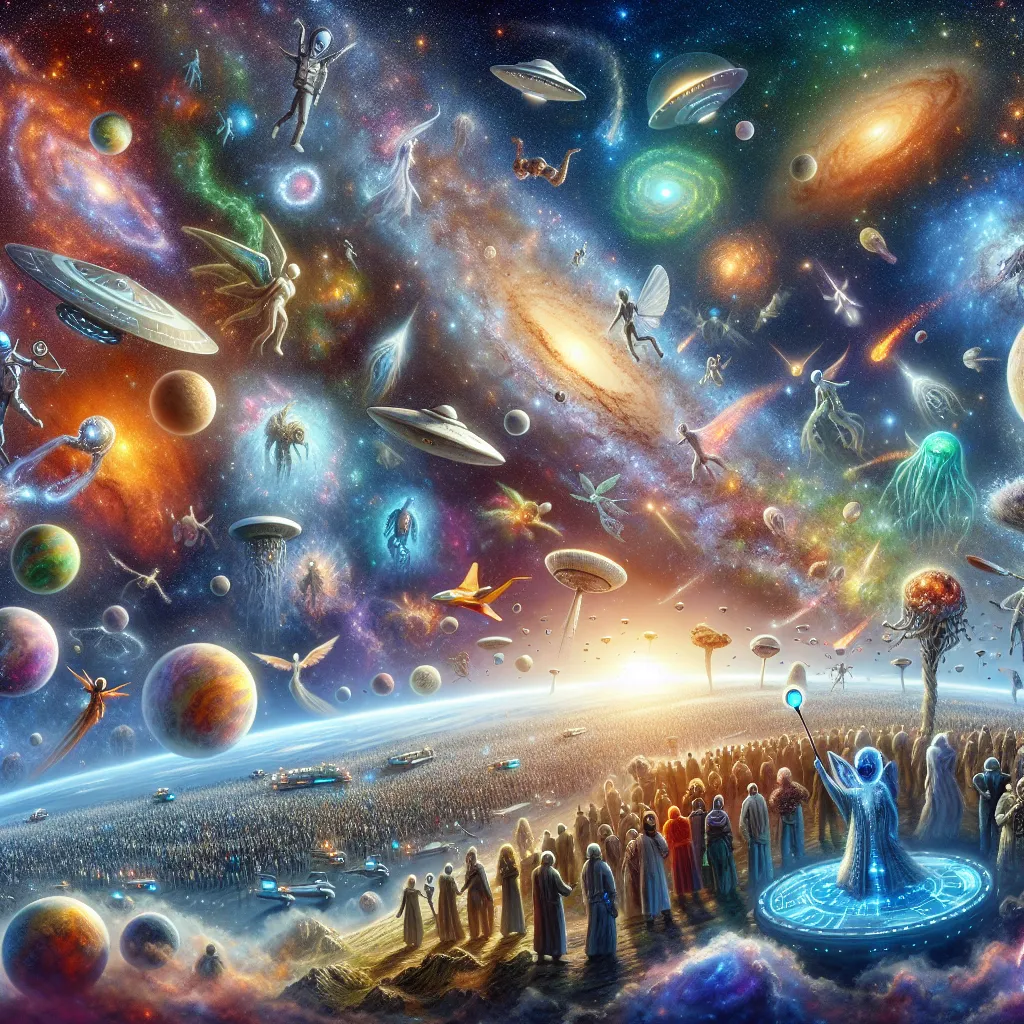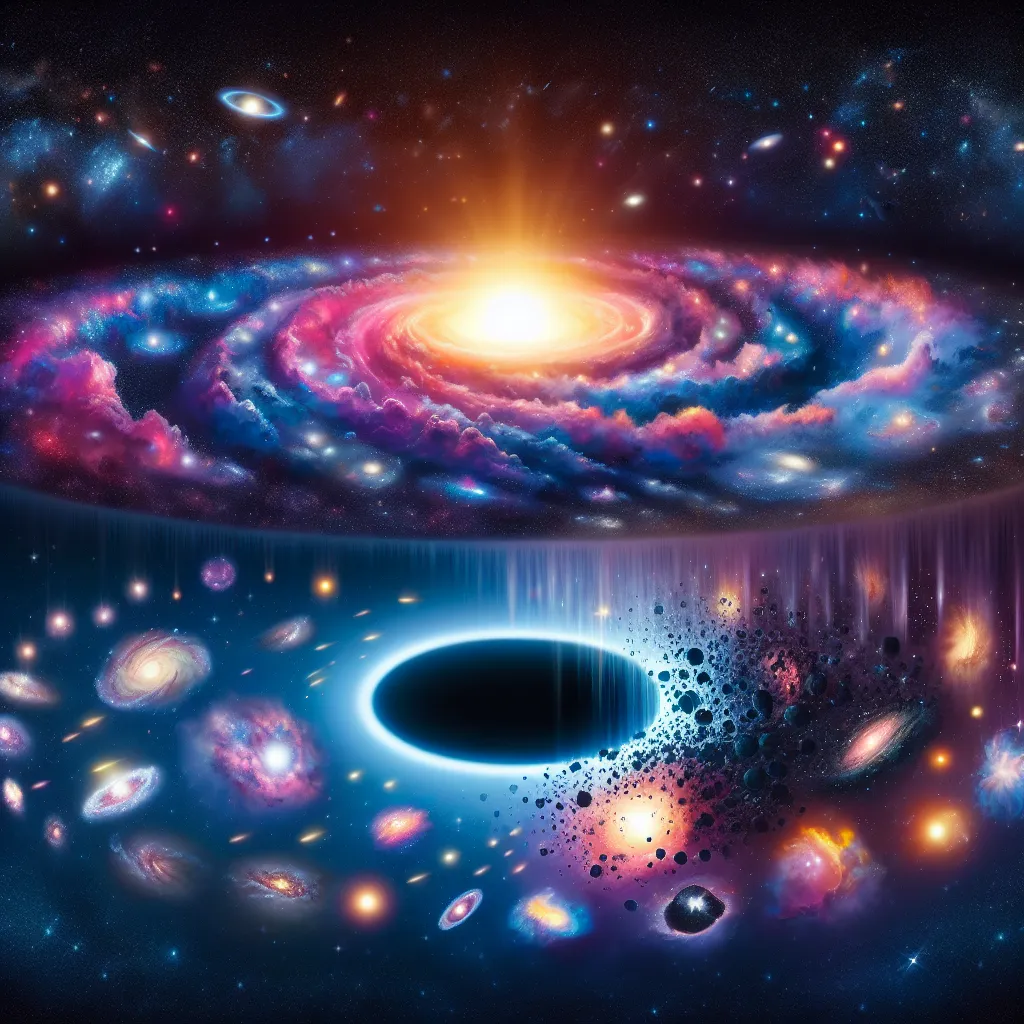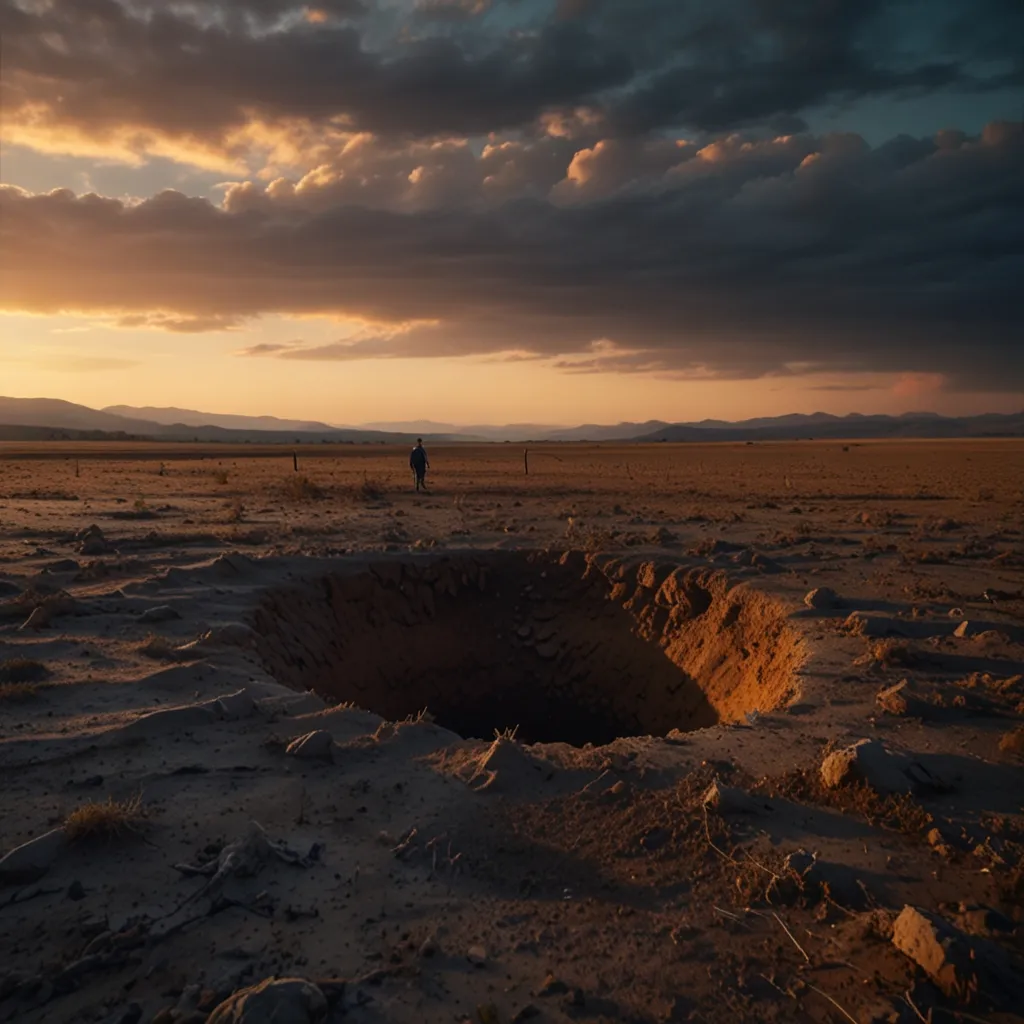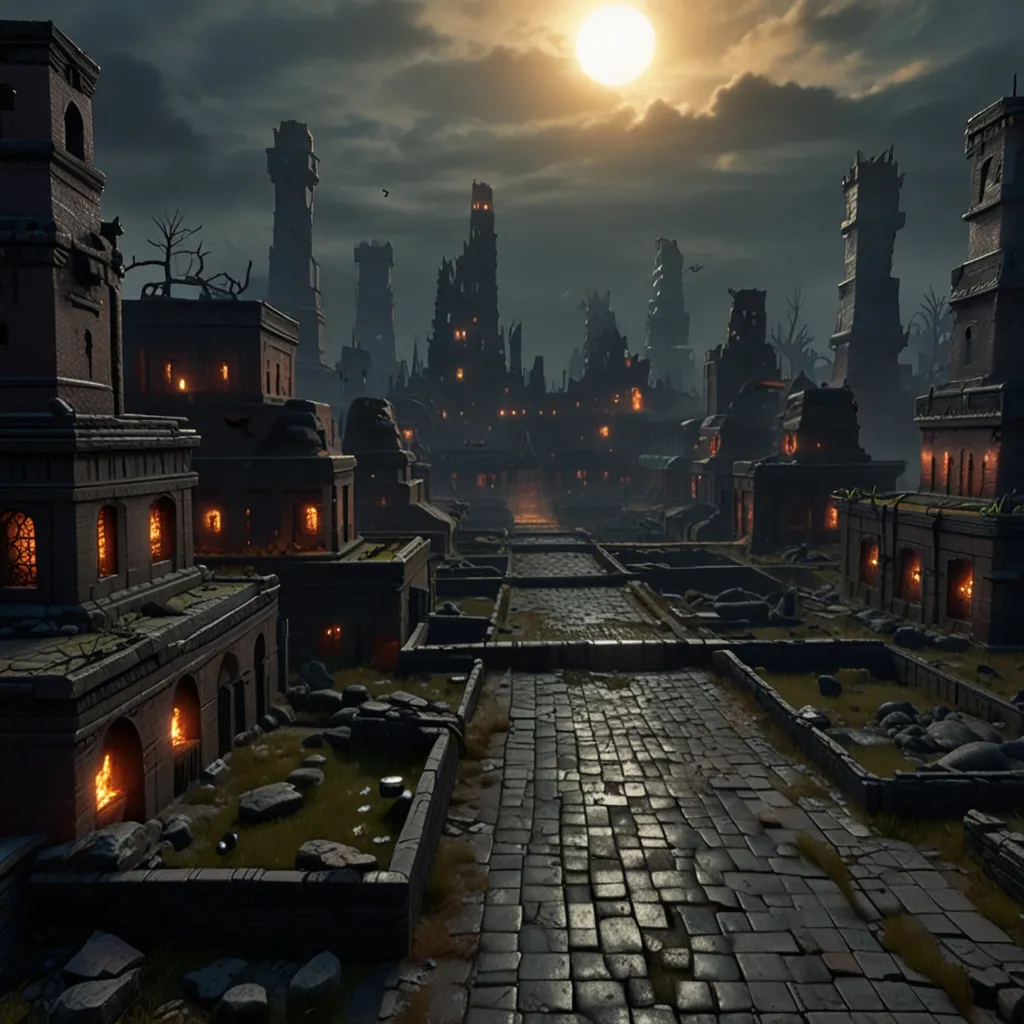The universe is an incredible and vast place, home to hundreds of billions of galaxies, trillions of stars, and even more planets. If even a small fraction of these planets are habitable, the universe should be full of life. But where is everyone? It seems like vast emptiness is all we see.
This riddle could have an exciting and eerie answer: maybe we are early. We might have been born before almost all other life forms. But soon, this could change. Aliens might appear, and quickly surround us, starting an irreversible competition for the universe.
To grasp this galactic competition, we need to look at three key questions: How fast can bacteria evolve into star-faring civilizations? Life must pass many hard steps. It begins with dead material turning into building blocks of life, forming cells, and then multicellular organisms. Eventually, creatures with big brains and tools emerge, forming civilizations that venture beyond their home planets. On Earth, life appeared as soon as the oceans stabilized, but it took billions of years for single cells to become multicellular organisms. Civilization and space travel came much faster but still took a long time. This process could be the same or different elsewhere.
Even if life passes one step, the next one isn’t guaranteed. Multicellularity evolved independently over 25 times on Earth, but only one species builds spaceships. We don’t know how many steps are needed or how long they take for a technological civilization to rise. It’s possible we are among the first or even the first in the Milky Way.
Why does humanity exist now? The universe is 13.8 billion years old, yet it’s unlikely many technological civilizations existed before us. Early on, the universe was hostile; stars exploded, galaxies crashed, and black holes emitted deadly radiation. Our sun formed after this chaotic period, making it an ideal time for life.
The future looks different. Our sun, brighter than most stars, will eventually burn out, but red dwarfs can last trillions of years. Life on planets around these stars has a much longer window to develop and evolve. This means technological civilizations are more likely to appear in the future than the past. If civilizations emerge randomly over a trillion years, few would appear before today. Hence, humanity may be early because later technological civilizations would crowd out their development window.
Human expansionist nature might also explain the absence of loud alien civilizations. We have spread across Earth and might do the same in space. Our technology improves rapidly, and if this trend continues, we may soon become a Galactic Civilization. Such civilizations would be loud, making noise detectable from far away. We would spot their energy usage and artificial interference with stars and planets. They might disrupt the environment, preventing new civilizations from appearing, much like humans have altered Earth.
Quiet aliens, who don’t expand, might exist but remain limited to their star system. They would be hard to detect and aren’t a concern if they don’t interfere with their surroundings. Humanity, on the path to becoming loud, might soon face competition from newly emerging civilizations.
If we are indeed early, other civilizations will catch up eventually. These new civilizations will realize they exist because loud civilizations have yet to take over. Facing a crucial decision, they must choose to remain quiet or expand and secure a part of the galaxy. Expansion doesn’t necessarily mean conflict, but it does mean creating borders and limits that could last forever.
If humanity wants a prominent position in the galaxy, we need to start expanding now. We have a unique chance to shape the future, mold planets to our vision, and one day meet other civilizations as equals. This opportunity is incredible, and we should seize it to ensure a future where we’re not left behind.
The universe is vast and full of possibilities. Let’s start exploring and making our mark among the stars.






